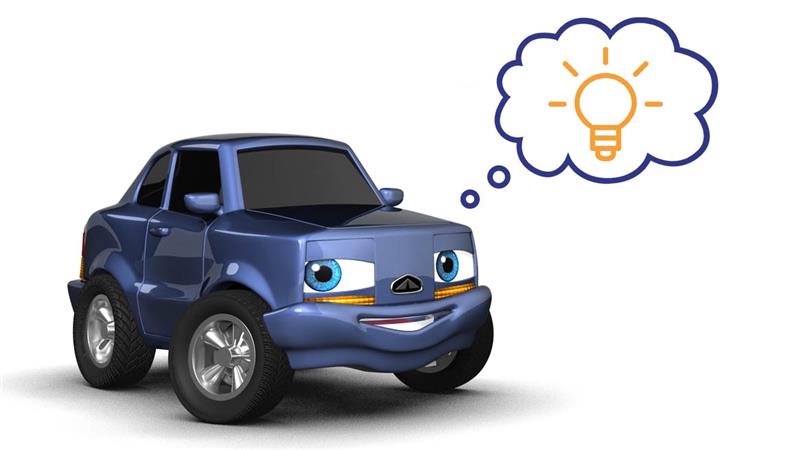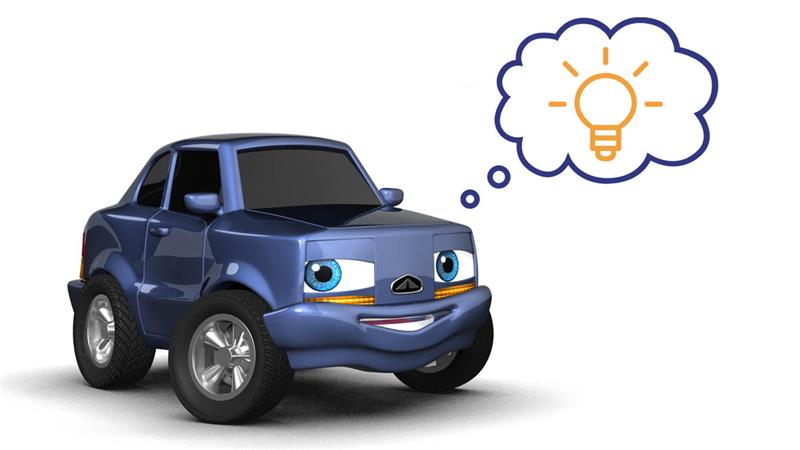Air conditioning used to be a real luxury in a vehicle, but now it’s standard in most. Your vehicle’s air conditioning system is built to last a pretty long time, but like anything mechanical, sometimes it fails.
It helps to know a little about how the A/C works. There’s a compressor that pressurizes the refrigerant (you probably recognize the term Freon). That makes it hotter, so it then goes through a condenser that cools it off. Then another component takes out impurities and humidity before the Freon goes to a device that makes it lose pressure before it goes to the evaporator. That’s where it gets colder and takes the humidity out of the air. Then your vehicle’s ventilation system blows air over the evaporator, cooling the cabin air that gives you such relief on a hot day.
Of all these parts, one that does a lot of work is the compressor. It has to compress that refrigerant and circulate it through the system. It turns on and off several times when it’s working. The good news is that if it’s going to fail, it sometimes lets you know.
One of the signs that your air conditioning compressor is going bad is a noise under the hood when the engine is on, sometimes a squealing or grinding sound. It usually is pretty noticeable. Compressors have a bearing that can seize up after time, causing the belt that drives it to squeal when it’s trying to turn something that won’t turn. It will sometimes cause that belt to break.
Your service advisor can tell you if your compressor is repairable or must be replaced. In the case of a broken belt (often a serpentine belt that drives several components) the belt will have to be replaced as well.
The compressor also has a clutch that turns the compressor on and off so it doesn’t have to run all the time. Sometimes that clutch can fail, too, and your service advisor will often recommend you replace the compressor and the clutch at the same time. Our technicians can help make sure your air conditioning system keeps its cool, and you along with it.
Tylers Auto TV
12485 SW MAIN ST
TIGARD, OR 97223
(503) 639-5588
http://www.tylersautomotive.com



